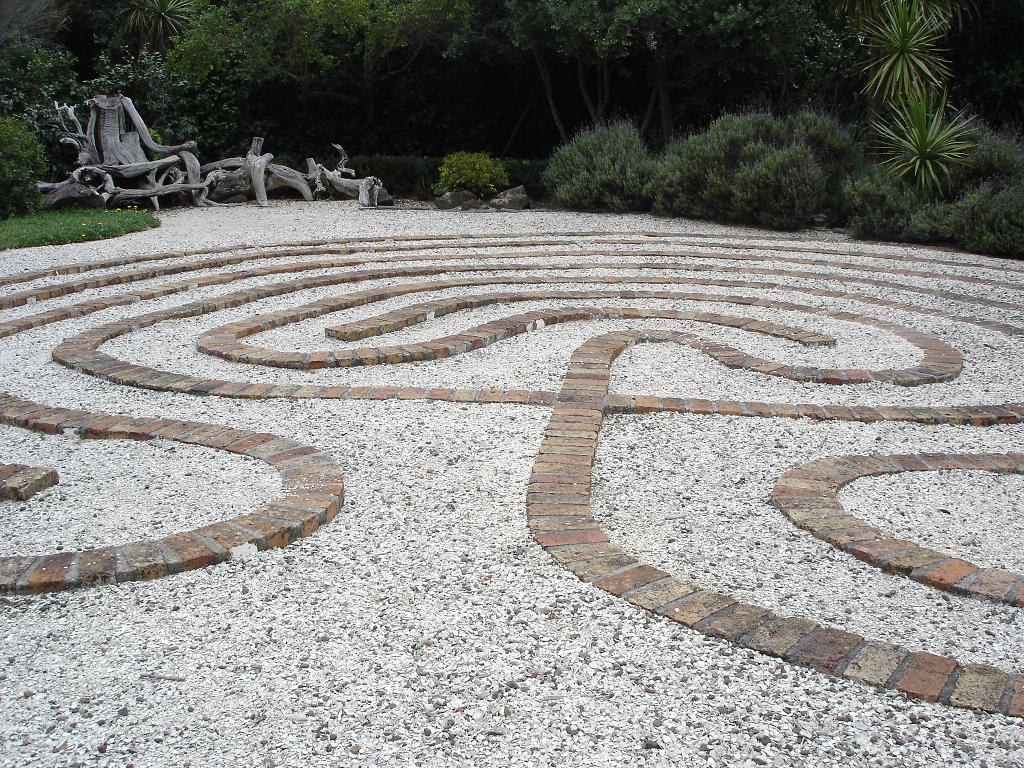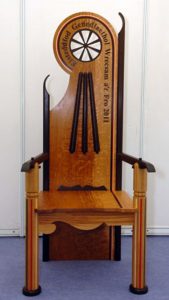Our everyday life is overwhelmingly ‘de-sacralised’. Years pass marked by nothing more than birthday cards.
With every breath, our bodies exchange vast numbers of molecules of oxygen and carbon dioxide with the universe. Every day, our bodies change in uncountable ways. Over a period of seven to ten years, we can be sure that just about every single cell of our body has been replaced. We know that we are the same person, and also that we have changed, by each breath, by each day, and through the years.

That interval of 7 – 10 years is a good timing for the celebration of different rites that mark our passage through life. If we think of young people, it can go like this:
- 1 year – naming
- 8 years – childhood achievement (riding a bike unaided?)
- 15 years – completion of puberty, beginning of adult sexuality
- 22 years – graduation ?
- 29 years – marriage, first child ?
- And so on – everyone’s circumstances are different, there are no rules.
Celebration of puberty is still practised in many cultures. The Jewish Bar Mitvah and Bat Mitzvah are examples. Many modern women choose make a celebration of first blood (menarche) with the daughters. These rites celebrating the transition into adulthood can be important in helping our young people genuinely become happily adult, rather than ‘never really growing up’. The process can be anything from a simple family celebration to something larger-scale, such as a ‘vision-quest’.

For older folk, there is no reason to stop celebrating, even though the years seem to pass all the more quickly. For women, the completion of physical menopause is an opportunity to mark the achievement of ‘wise-woman-hood’. Men don’t have any straightforward physical indication of a transition, nor is this required for anyone. If you are so blessed, the arrival of grandchildren may be the time for the grandparents also to focus on celebrating themselves. Perhaps Typically a few years after these events comes ‘retirement’ from employment. In the story ‘Seven Days in New Crete’ by Robert Graves, the older people move to separate houses (and starting behaving quite differently). Whether you want to age gracefully or disgracefully, a rite of passage is called for. These rites are traditionally a little different from those for adolescents. Whereas those for young people generally follow a three-fold pattern of separation / initiation / welcome-back, those for older people generally focus more on completed accomplishment. An example of something similar, still current in wider society, is the ‘Chairing of the Bard’ as celebrated by the Eisteddfod Genedlaethol Cymru.
Not Always Celebration
Sadly, not all the major events of our lives are happy ones. Some can result in significant psycho-spiritual harm that continues after physical recovery. To mark these events with sacred rites is to call upon the healing powers of that which is greater than ourselves.
- Miscarriage is frequent enough, but still deserves recognition and proper mourning.
- Sexual abuse and serious physical trauma can cause a ‘partial loss of soul’. You might imagine this as an ‘inner child’ hiding in fear. Problems such as addictions sometimes ‘fill the gap’. In order to heal completely, that hurt child needs to be brought home.
- Despite our best hopes and intentions, it is perfectly normal for couples to grow apart and lose the loving they once shared. Divorce made with blame and acrimony can be deeply hurtful to all concerned, especially to children. A rite of hand-parting (preferably, but not necessarily including both parties) is intended to bring things to a clean ending, that all may move on to new horizons.
Sometimes the nature of these issues is such that women prefer to have such a rite with only women for company – if this is the case, we can still support you so to provide a female celebrant.